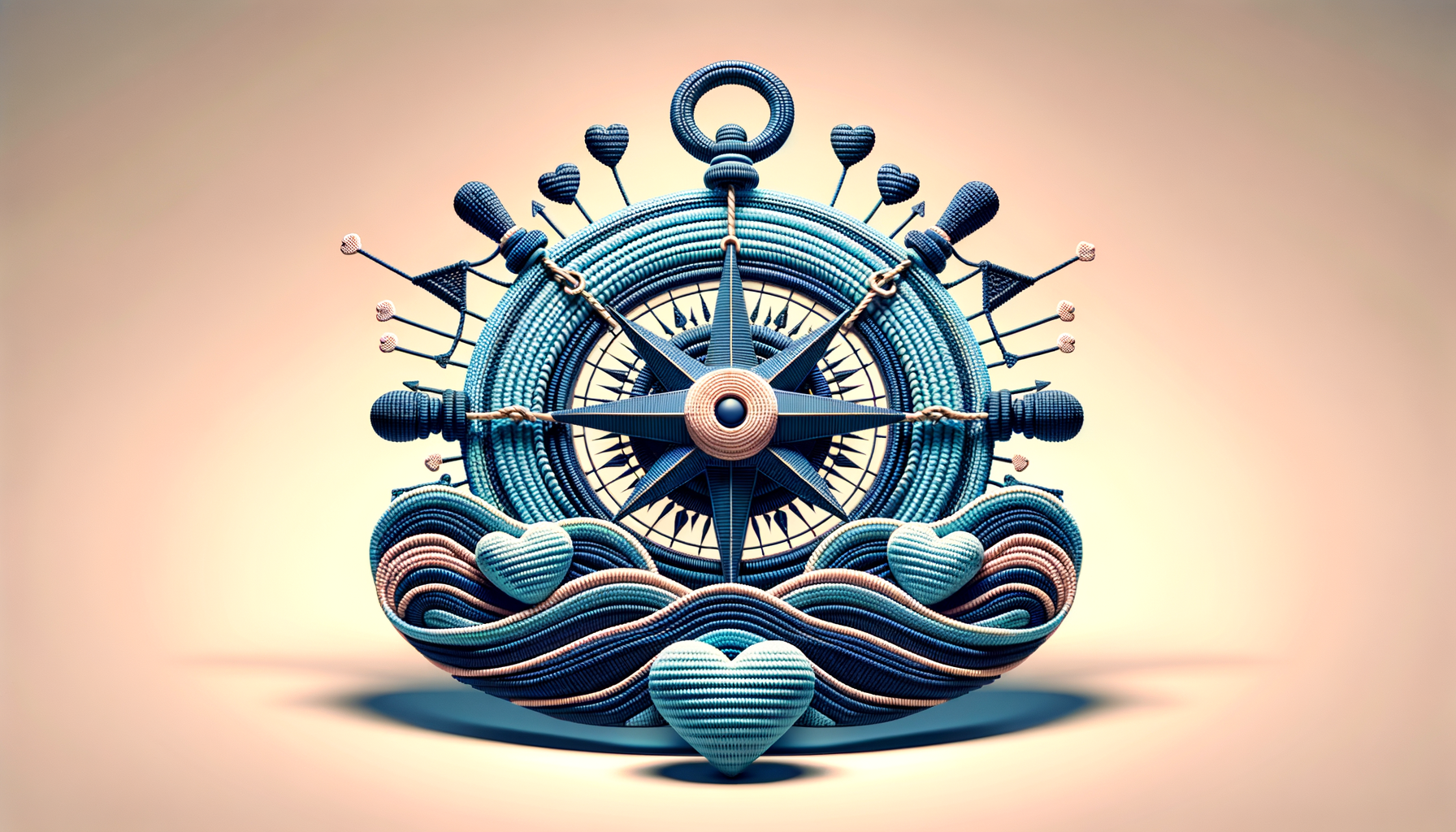Why I Chose This Path
The Epiphany Over a Bowl of Clam Chowder
Let me set the scene: it was a brisk October afternoon, and I was sitting in my favorite Nantucket diner, nursing a bowl of clam chowder so good it could heal heartbreaks. Across the room, two tourists were having what I can only describe as The Most Awkward Date of All Time™. Think stilted conversation, mismatched energy, and the occasional enthusiastic nod at a bread basket while avoiding each other’s gazes. I’ll admit, I eavesdropped—you would’ve too. And that’s when it hit me.
Relationships, like chowder, require a solid base. And without that base—be it respect, connection, or some good ol’ alignment of values—you’re just a couple of boiled potatoes floating aimlessly in a lukewarm broth. Watching them flounder, I couldn’t help but think about my own journey through relationships and my oddly circuitous professional path, which were, as it turned out, more intertwined than I’d realized.
Spoiler alert: that’s why I’m here today, writing about dating, authenticity, and why it all matters.
History: The Unexpected Teacher
When you tell people you studied history at Harvard, they usually assume you’re either (a) insufferable at cocktail parties or (b) a walking Wikipedia for niche maritime trivia. To be fair, both are a little true. (Ask me anything about whaling harpoons—seriously.) But here’s the thing: history teaches you more about human connection than you’d expect.
The lives I spent years researching—19th-century whalers, small-island communities, explorers—were governed not just by external forces like the sea or commerce, but also by relationships. Bonds built over shared dinners in cramped galleys could mean survival on endless ocean voyages. Friendships that withstood squalls and shipwrecks often outlasted even the most tempestuous love affairs back home. The stakes were high, the human experience raw.
And isn’t dating, at its core, its own kind of navigational challenge? Figuring out compatibility, decoding signals, balancing vulnerability with self-preservation—it’s not so different from charting a course through uncharted seas. When I returned to Nantucket to write novels steeped in this maritime past, I thought I was just chronicling history. But what I was really doing was trying to understand what makes human connection so vital, so messy, and so beautiful.
From Harpoons to Heartstrings
Here’s where it all comes full circle. People often ask how a guy who spent years studying shipping logs and maritime folklore ended up writing about dating and relationships. After all, the whalers of yore weren’t exactly role models for romance (unless you find months-long separations and love letters written over grog particularly swoon-worthy). But the truth is, writing about history was my training ground. It taught me to notice patterns—how people react under pressure, how they form alliances, and yes, how they fall in love in unexpected ways.
The jump to writing about modern relationships wasn’t as big as you’d think. My own dating life hasn’t exactly been smooth sailing (pun absolutely intended). I’ve lived through long-distance heartbreaks, learned to love again after a devastating breakup, and even fumbled through a post-first-date text so badly that I felt the need to apologize to my cellphone. If history is full of shipwrecks—literal and emotional—so is love. And if you’ve got the right tools, you can salvage the parts that matter and rebuild, stronger than before.
Three Lessons From the Sea (That Work for Love Too)
Some things I’ve picked up along the way—both from digging into maritime history and from my own experience dating:
-
Know When to Adjust the Sails
Whalers couldn’t control the wind or waves—but they could adapt. Relationships work the same way. Is your partner going through a stressful time? Are communication methods clashing? Sometimes, it’s about adjusting your expectations and navigating the storm together instead of bailing at the first sign of trouble. Flexibility is key. -
Watch for Red Flags (Literal and Otherwise)
Sailors had codes for danger—bright flags signaling reefs or dangerous waters ahead. In romantic relationships, red flags might not be as obvious as a 10-foot warning post, but they’re worth studying. A lack of respect? Persistent passive-aggression? A sudden interest in your banking password? Trust your gut and don’t ignore the signals. -
Celebrate the Smooth Waters
Not every day at sea—or in a relationship—is going to be an adventure. Some days are calm, predictable, and maybe even a tad boring. And that’s okay! Smooth waters mean you’re safe, anchored, and content. Learn to appreciate the stability as much as the sparks.
The Dinner Table as Compass
Growing up, the dinner table at my parents’ inn was more than just a place for meals—it was a place for connection. Guests would swap stories about their lives, compare adventures, and occasionally flirt across the buttery glow of Nantucket evenings. Over time, I began to see how connection thrives when people allow themselves to be present, vulnerable, and just a little playful.
As I watched those awkward daters that fateful chowder-filled day, I wanted to tiptoe over and suggest they laugh a little more, share a story, or, at the very least, acknowledge the bread basket’s MVP status. It’s moments like those that remind me why I do what I do: to encourage people to embrace the imperfect, human messiness of building relationships. It’s not always pretty (trust me, I’ve had my fair share of metaphorical shipwrecks), but it’s always worth it.
A Parting Thought: Be the Lighthouse
If there’s one takeaway I’ve pulled from my time navigating the murky waters of romance and writing, it’s this: be your own lighthouse. That is, don’t wait for someone else to steer you toward love or happiness—stand tall, shine your authentic self, and trust the right connections will find you. Sure, the sea ahead might churn with uncertainty, but lighthouses don’t fear the dark. They guide others by staying true to themselves.
So here’s to you: navigating love, one wave at a time. May your sails stay steady, your heart stay open, and your chowder always be served warm.




















